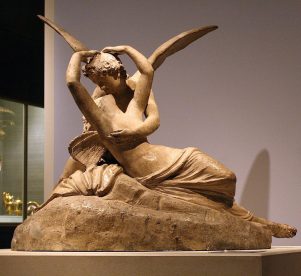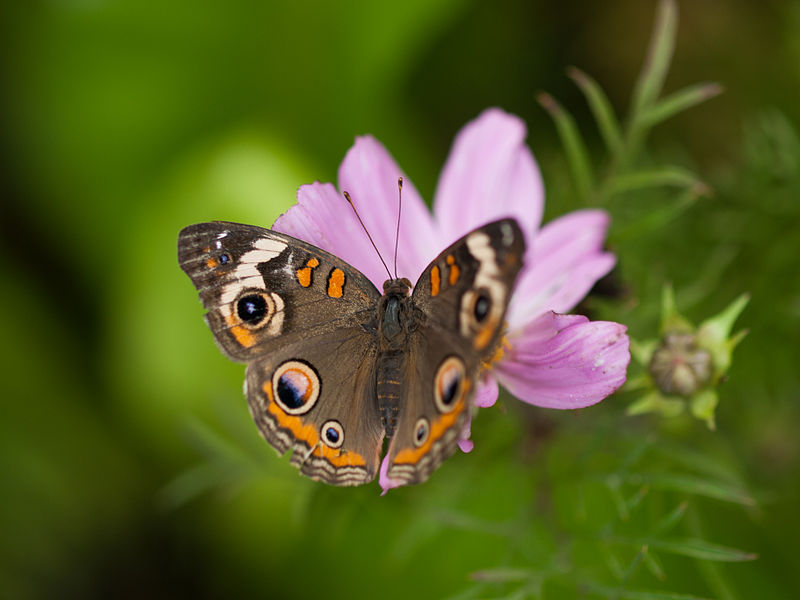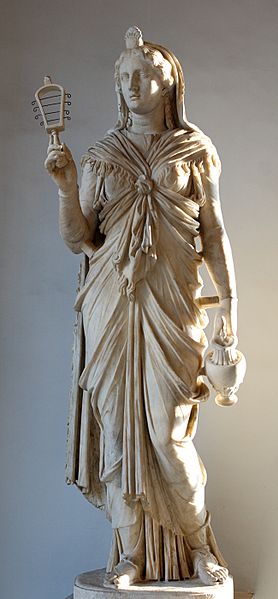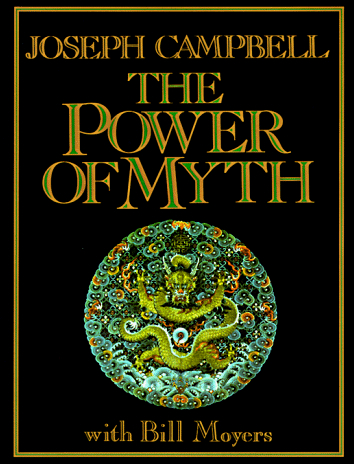Heroic Symbols of the Feminine: The Myth of Eros and Psyche
 In this article I will look at the archetypal hero’s journey with particular reference to its feminine aspect and symbolism. Symbols resonate on all levels of nature, meaning that feminine does not refer only to gender or biology (although there might be some relevant keys) but rather the understanding that the feminine is a principle that subsists in all humans, in all living things and on all levels from the psychical to the universal and archetypal.
In this article I will look at the archetypal hero’s journey with particular reference to its feminine aspect and symbolism. Symbols resonate on all levels of nature, meaning that feminine does not refer only to gender or biology (although there might be some relevant keys) but rather the understanding that the feminine is a principle that subsists in all humans, in all living things and on all levels from the psychical to the universal and archetypal.
In general, we tend to be more familiar with heroic images of a masculine nature. However, the feminine principle has its own set of related archetypes and trials to face in the heroic and spiritual journey. With their emphasis on intuition, assimilating with the invisible world, of opening-up and of sacrifice, these feminine symbols are useful for us all.
I will refer in particular to the journey of Psyche in the Myth of Eros and Psyche. Myths have their roots in now forgotten activities of ancient mystery schools and their images and symbols can work within us and provide depth and support in life’s difficult moments and decisions. Psyche represents the soul (which was often referred to as feminine in antiquity) in its journey to unite with divine love, Eros. This journey towards the divine describes a process of individuation and of the awakening of consciousness.
The story begins in the ordinary world, what in Tolkien’s vernacular would be called ‘the shire’. This is the home which the hero or heroine always has to leave in order to set their journey in motion. For Psyche it is the oracle that initiates her departure and the wedding-funeral with her unknown husband. Whilst the town laments, Psyche is steadfast in her acceptance of what has been ordained. This is one of the first lessons, the acceptance of divine will and the surrendering of oneself to certain necessary encounters of fate.
After being left upon a high cliff, Psyche is taken to the fairy-land palace of her unknown husband. He comes to her every evening but she is forbidden to look at him directly. Psyche could perhaps stay in this ignorance and bliss forever but the union she shares is an unconscious one. At some moment she takes the decision to look at him when he is asleep. Upon seeing him, she knows him to be the God Eros and at once loses him, the palace and everything with it; the illusory union has gone. Whilst outwardly the soul has lost everything, it has also rejected ignorance and instead gained a true vision of divine love, Eros. This moment to reject comfort and passivity is important in all hero myths and is present in the feminine archetype too. With seeing Eros, the flash of inspiration, Psyche (the soul) gains the insight which confirms the continuation of the journey to unite with the divine and come out of illusion. Once we leave ‘the shire’ we will be tested again many times and the rejection of ignorance brings with it a lot of pain, suffering and loss which are feelings often associated with the heroic feminine.
From this moment on, Psyche must face Aphrodite herself, the Goddess of Love and the mother of Eros. Her trials begin with ‘sorting the grains’ in Aphrodite’s storehouse, where a huge mixed pile needs to be ordered and separated into each of their own kind, an impossible task. Aphrodite knows that no mortal could complete it but, in the myth, the ants come to help Psyche, as do several other animals in her following trials. Psyche (the soul) is receptive, both to help but also to harmonisation with nature. In this trial the soul harnesses the forces of promiscuity (symbolised by the grains) that create disorder and chaos. In her next trial, a water nymph gives Psyche the necessary instructions to safely take the golden fleece from the charging rams, and we now see that the soul is listening to and understanding the different rhythms and cycles of nature, in order to complete her task at the appropriate time. In her next trial the eagle of Zeus hovers over her head, swoops down into the impossible river and fills her cup. We are reminded here that in the heroic journey, the soul often has to take a leap up to the heights of heaven in order to see a solution or way forwards. The appearance of the eagle suggests the soul’s ability to connect with divine guidance in order to make progress.
The final trial, the descent into the underworld, Psyche does alone, for the journey to awakening consciousness is often made in darkness. The soul is better equipped for the journey, having assimilated the qualities symbolised by the different animals, the expansion of consciousness outside oneself, the development of intuition and the connection to divine guidance. In this last trial Psyche almost makes it, but curiosity causes her to look into the casket of Persephone and take some beauty to prepare herself for meeting Eros, but this is not beauty, rather a terrible sleep… Yet having done all she has along on the journey, divine love, Eros comes to meet her and wakes her from her sleep, symbolising that the divinity also makes a movement towards the soul in its desire for expression. Together they are united and married in heaven, the soul and its divine counterpart.
The inward movement towards the world of the soul is often connected with the feminine principle within us, the intuitive and receptive qualities that bring gifts and insight from worlds unknown. During the moment of the trial when we feel the greatest despair or loss, by going within we might learn or see something in a new light which helps us to overcome difficulties and transcend material limitations along our own heroic journeys.
Image Credits: By Lucia | Wikimedia Commons | CC BY-SA 2.0
If any images used in this article are in violation of a copyright, please get in touch with [email protected] as soon as possible. Appropriate action will be taken.


What do you think?